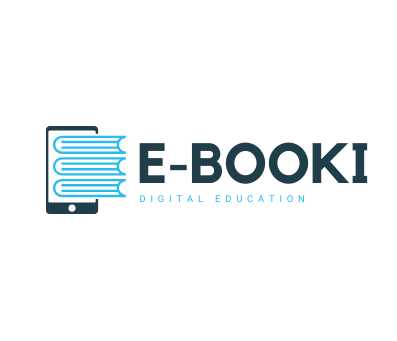The PMBOK® Guide (Project Management Body of Knowledge) is the gold standard for project management professionals, and the shift from the 6th to the 7th Edition brings significant updates. If you’re preparing for the PMP® exam or managing projects, understanding these changes is crucial.
In this guide, we’ll break down the key differences between PMBOK 6 and PMBOK 7, including structural shifts, new principles, and how these updates affect project management practices.
1. Structural Changes: From Processes to Principles
PMBOK 6th Edition (Process-Based Approach)
- Focused on 49 processes grouped into 5 process groups (Initiating, Planning, Executing, Monitoring & Controlling, Closing).
- Organized around 10 Knowledge Areas (Scope, Time, Cost, Quality, etc.).
- Emphasized predictive (waterfall) project management.
PMBOK 7th Edition (Principles-Based Approach)
- Shifted to 12 Principles of project management (e.g., Stewardship, Team Engagement, Value Delivery).
- Introduced 8 Performance Domains (replacing Knowledge Areas).
- Focuses on outcomes and adaptability, integrating Agile, Hybrid, and predictive approaches.
Why It Matters: The 7th Edition is more flexible, aligning with modern project management trends beyond rigid processes.
Where to Download PMBOK 6th Edition PDF Free (Legally & Safely)
2. New Focus on Tailoring and Agile
PMBOK 6th Edition
- Included Agile as a supplementary section (Appendix).
- Primarily structured for traditional project management.
PMBOK 7th Edition
- Fully integrates Agile, Hybrid, and Adaptive methodologies.
- Encourages tailoring—customizing approaches based on project needs.
- Provides more guidance on delivering value rather than just following processes.
Statistic: According to PMI, 71% of organizations now use Agile approaches, making this update critical.
Proven Strategies : How to Pass PMP Without PMBOK
3. Removal of ITTOs (Inputs, Tools, Techniques, Outputs)
PMBOK 6th Edition
- Detailed ITTOs for each process, which were heavily tested in the PMP exam.
PMBOK 7th Edition
- No ITTOs—replaced with Models, Methods, and Artifacts.
- More emphasis on practical application rather than memorization.
Impact on PMP Exam: The current PMP exam (2024) still tests some ITTOs, but future updates may phase them out.
4. New Content on Ethics, Sustainability, and Stakeholder Engagement
PMBOK 7th Edition Adds:
- Greater emphasis on ethics and compliance.
- Sustainability considerations in project management.
- Enhanced stakeholder engagement strategies.
Why It’s Important: Modern projects require social responsibility and adaptability, making these updates essential.
5. How These Changes Affect PMP Certification
- The PMP exam now aligns more with PMBOK 7th Edition, but still includes some 6th Edition concepts.
- Agile and Hybrid questions have increased (about 50% of the exam).
- Less focus on memorizing ITTOs, more on scenario-based questions.
Tip: If studying for the PMP, use both editions or a PMP exam prep book that covers the transition.
Conclusion: Which One Should You Use?
- For traditional project managers: PMBOK 6th Edition is still useful.
- For Agile/Modern PMs: PMBOK 7th Edition is more relevant.
- For PMP Aspirants: Understand both but focus on 7th Edition principles and Agile practices.
Need help preparing for the PMP exam? Check out our [Free PMP Study Guide]
Internal Links:
- How to Pass the PMP Exam in 2024
- Agile vs. Waterfall: Which is Right for Your Project?
- Best Free PMP Exam Resources
External Links:
- PMI’s Official PMBOK 7th Edition Page
- Agile Alliance: Agile Project Management
- PMP Exam Content Outline (2024)
Related Blog Post
- PMP Exam Changes 2025: What You Need to Know
- Best PMP Certification Prep Books (Free & Paid)
- Agile Project Management: A Beginner’s Guide
- How to Transition from PMBOK 6 to PMBOK 7
- Top 5 Project Management Tools in 2025

